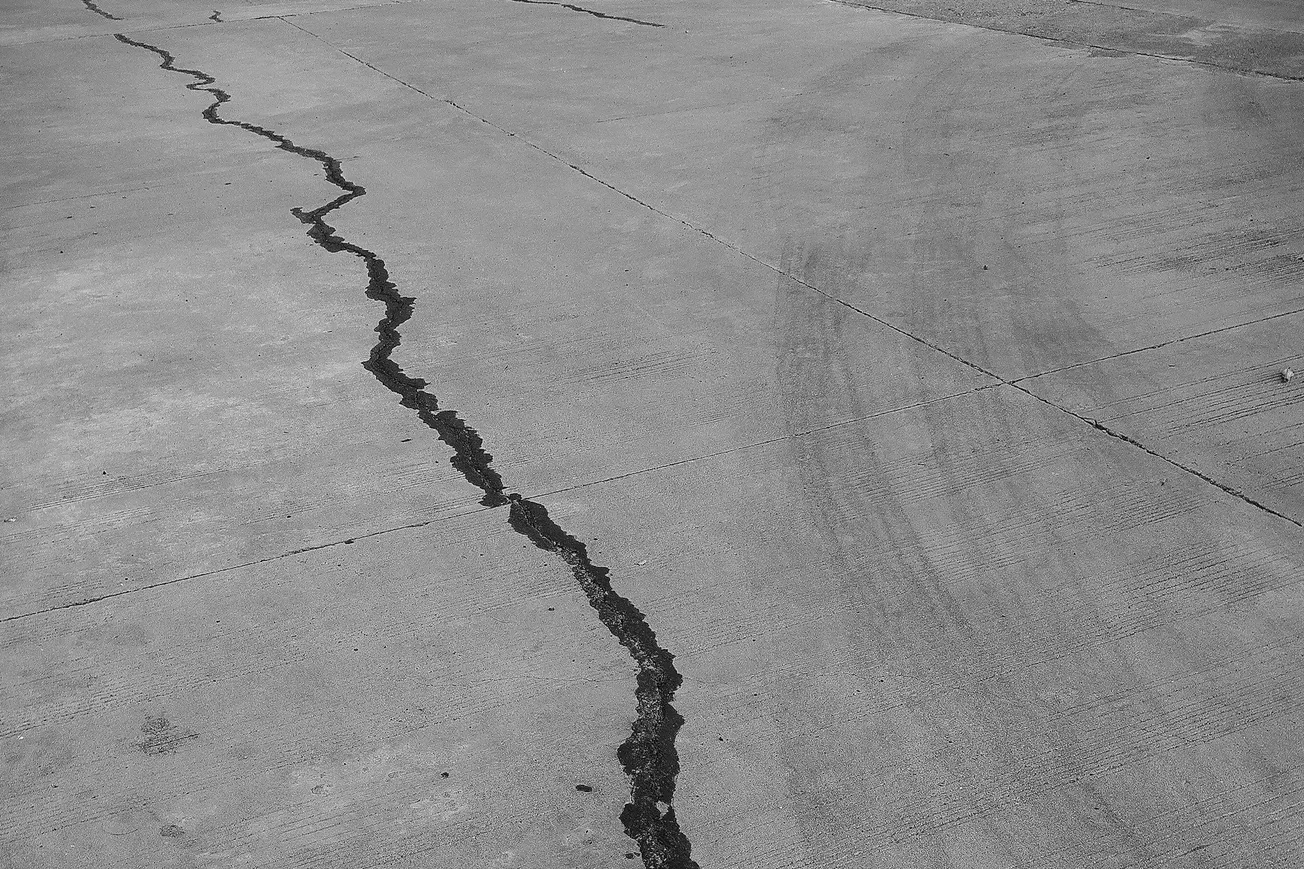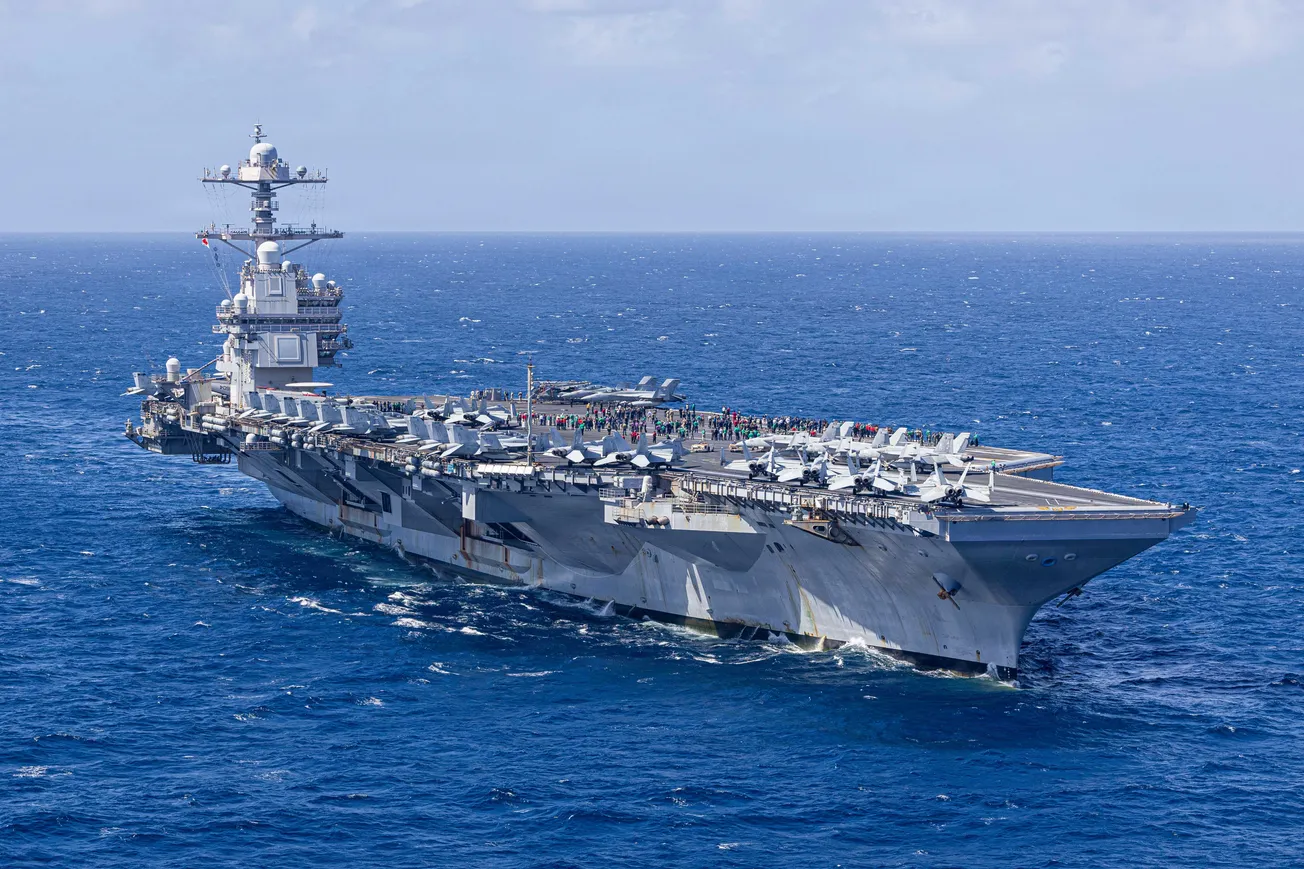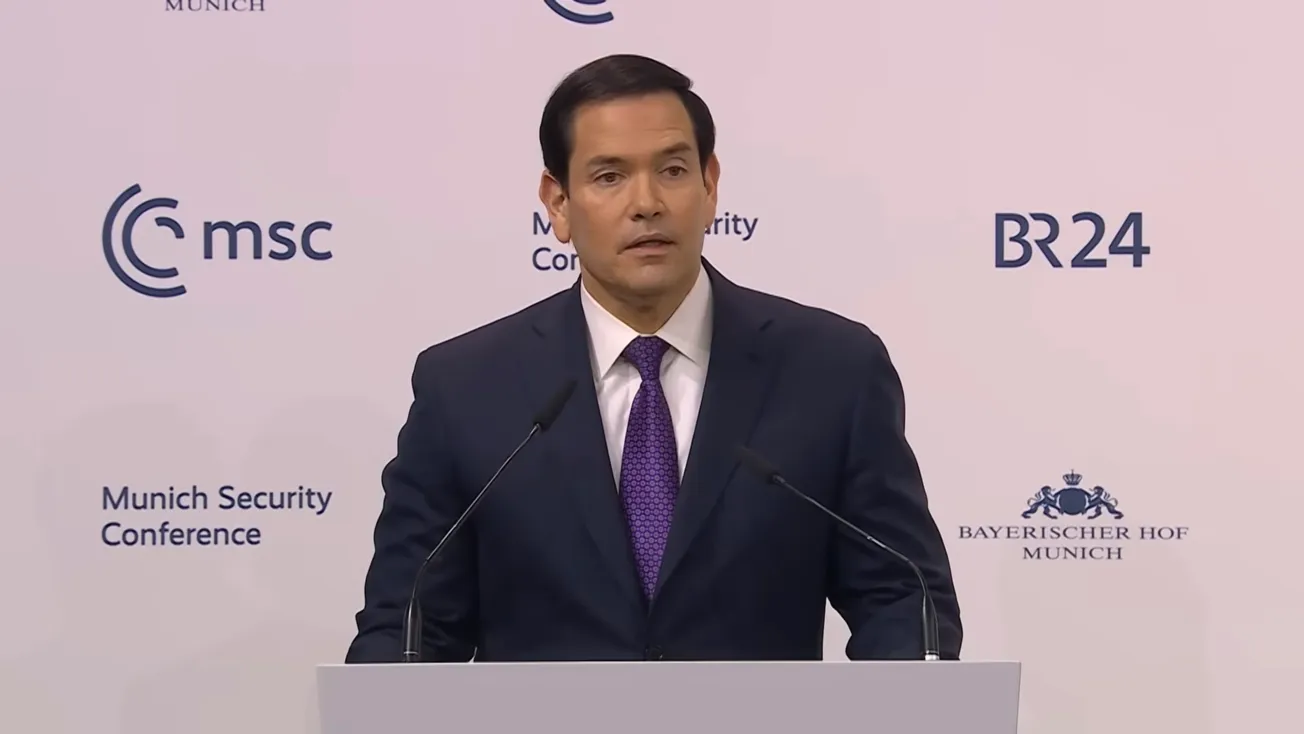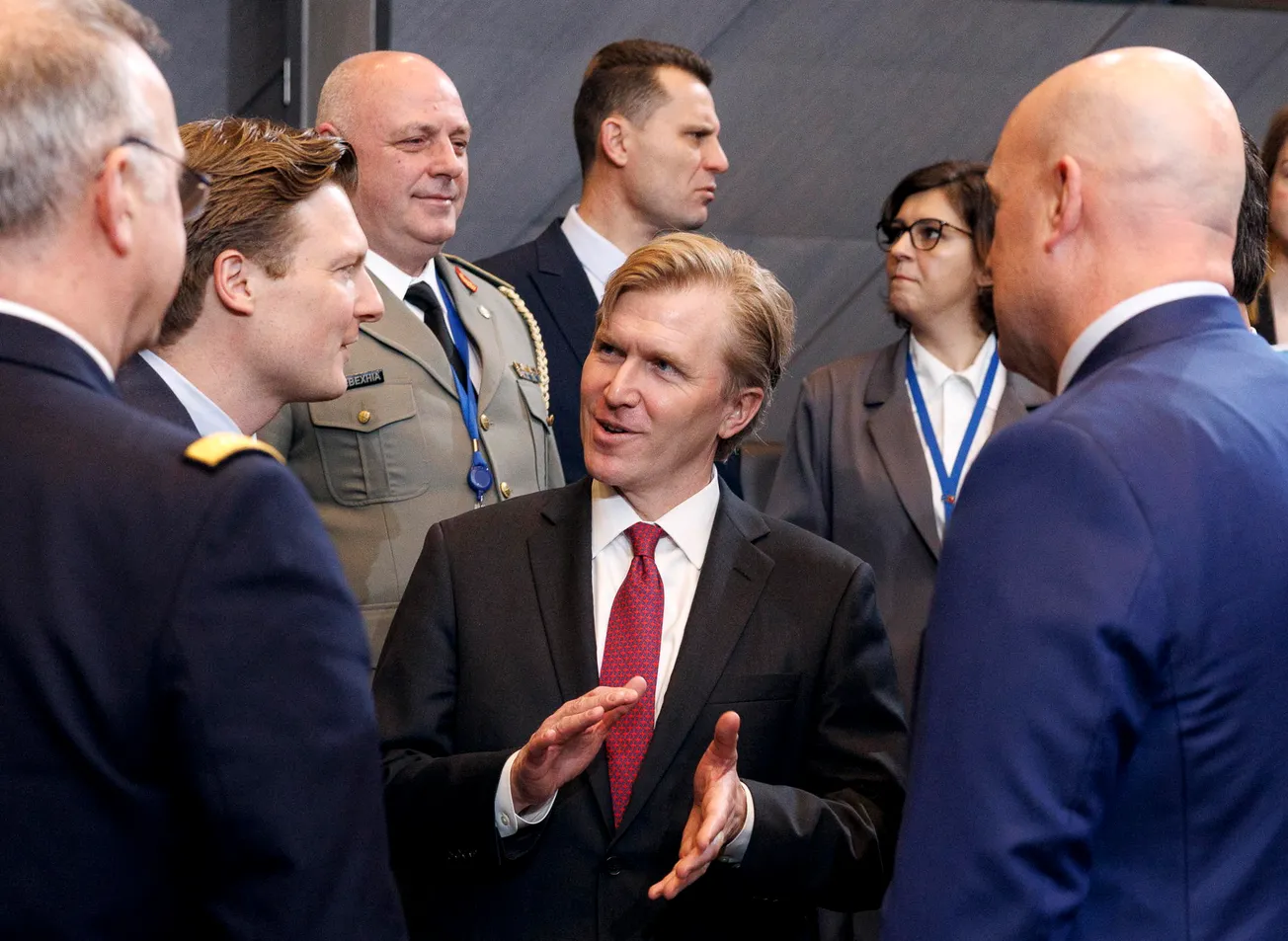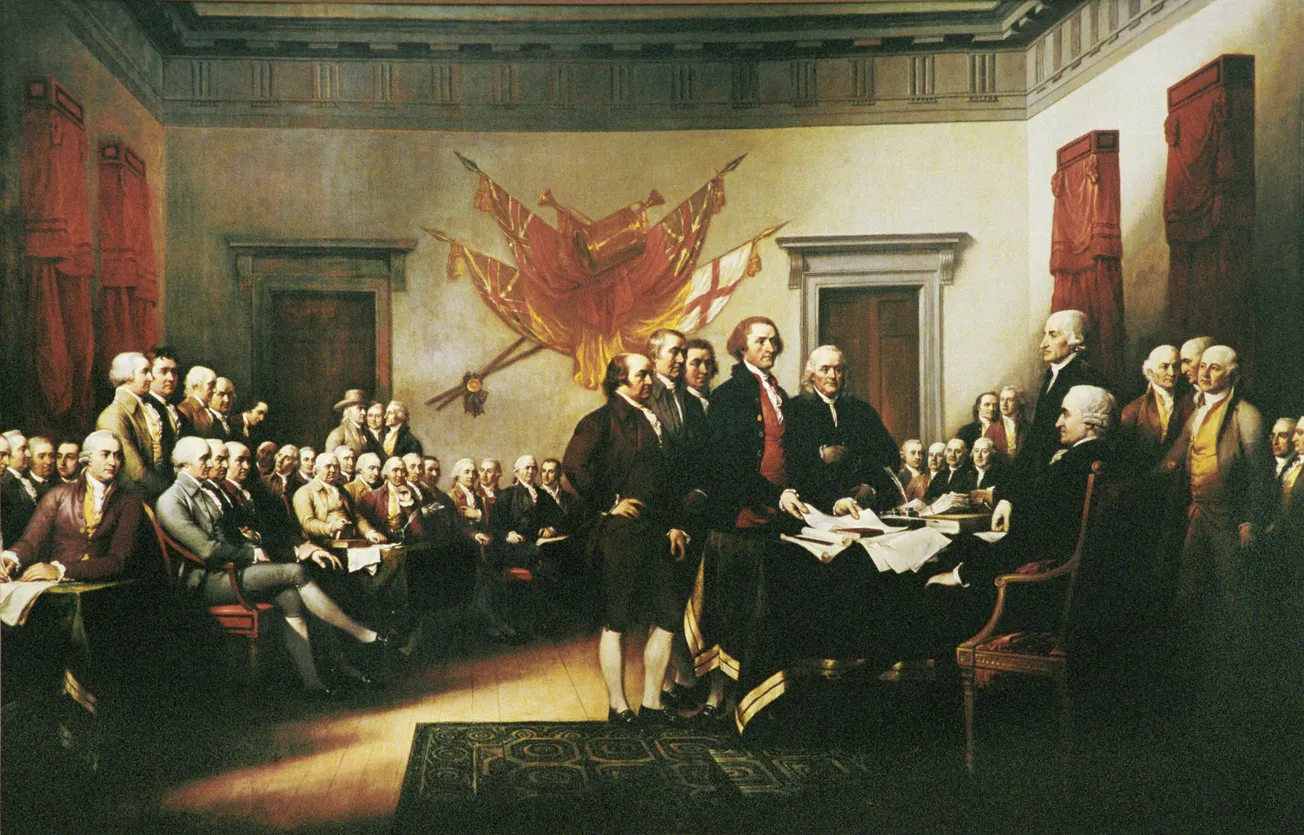The Lead
A Durable and Just Peace, Viewed from the Complex Domain
by Dennis Speed (EIRNS) — Jul. 06, 2024
Today, we will begin with a sort of spiritual exercise, as opposed to a mere chronicle, regarding world current history on the edge of thermonuclear war. We start with unexpected, disruptive, far-reaching changes going on in the world—and, implicitly, in the circumstances of life of everyone in it. These changes, however, are not actually understandable from the standpoint of “political events,” or “trends,” though they might appear to be so. They are understandable as a “One” through a higher idea of what is generating them. That higher realm is the realm of principle, a domain which for the “practical man” does not exist, and to which most are hostile. From this higher level, we insist, one cannot depart, if you are attempting to correctly analyze any of the “constituent parts” of today’s strategic picture.
Helga Zepp-LaRouche addressed the 57th consecutive meeting of the International Peace Coalition on Friday. Here is an excerpt from that presentation:
“Hello to all of you. Lots of things are happening very fast, because we are in a tectonic change of the world order, so it is quite normal that the speed of events would be sped up as compared to usual times. The most interesting, and actually, positive development is the fact that Prime Minister Orbán of Hungary is in Moscow right now. He had already a joint meeting with President Putin. This is extremely important. Hungary assumed the EU Presidency for six months on July 1st. On July 2nd, Orbán already was in Kyiv, talking with President Zelenskyy. As I said, he is now on the 5th in Moscow and met with Putin. The initial reading from the response is quite encouraging. Putin said that he regards this as a very important beginning; that he’s grateful that Orbán came. He was briefed by Orbán on the Western view of the situation, and they were discussing ways to settle the Ukraine crisis. Obviously in Brussels, all kinds of people have started to hyperventilate. Von der Leyen said that Orbán doesn’t have the mandate of the EU. Charles Michel also said likewise. Von der Leyen even said this is appeasement; and Stoltenberg also said that Orbán has no [NATO] mandate, and that there are no signs Putin is ready for peace.
“Obviously, the discussion is proving the opposite, namely that there is important motion. I think this is a very first, hopeful sign, because the point we have been making the whole time is that we absolutely have to return to diplomacy and a negotiated settlement. That doesn’t mean that you immediately say who is right and who is wrong, but there is no alternative to diplomacy in the time of thermonuclear weapons.
“The other dramatic developments, which I only want to touch upon, is obviously the election result in Great Britain, where a landslide defeat of the Tories occurred. The Tories now have only 131 seats, as compared to Labour’s 410 seats. This is generally regarded as an earthquake after 40 years of Tory government. What this new Labour government will be, remains to be seen. There are some worrisome signs that the foreign policy may not change all that much, but that remains to be seen. Then, this coming Sunday, we will have the second round of the election in France, where as of now, the polls do not indicate that a Macron victory is in the cards. It is generally expected that if there would be a right-wing Le Pen-dominated government, that there would be a very difficult period of co-participation between the Presidency and the government. Obviously, these election defeats which we have seen, starting with the European Parliament election, is a loud and clear vote of the population against the present policies of the Establishment, both in terms of the war policy, but also in terms of the austerity policy. Because all this militarization of Europe goes along with the most dramatic cuts in the economy, austerity, Schachtian economics of the worst kind, and the population is rejecting that very, very forcefully.”
Clearly, whether we wish it or not, we now find ourselves, financially, economically, militarily, culturally, physically leaving one set of “well-known” world conditions, and entering another, almost entirely unknown, and for which our mostly wrong ideas have prepared us to fail. The world that we are entering is, nonetheless, one being formed largely by our actions—or inaction. President Xi Jinping of China put it this way, in his opening speech to the Shanghai Cooperation Organization Plus: “The international landscape is undergoing rapid transformation. A new round of scientific and technological revolution and industrial transformation is advancing fast. As human civilization marches forward in big strides, factors of insecurity, instability and uncertainty are evidently increasing. To cope with this major transformation, the key is to have the wisdom to see the changes, the ability to deal with the changes, and the courage to make changes. We need to bear in mind that we live in a community with a shared future, and always uphold the Shanghai Spirit.” Principle, not pragmatism.
Speaking of principle, Principle number eight of Zepp-LaRouche’s Ten Principles of a New International Security and Development Architecture reminds us that “In former times, one civilization at one corner of the world could go under, and the rest of the world would only find out years later, due to the length of distances and the time needed for travel. Now, for the first time, because of nuclear weapons, pandemics, the internet, and other global effects, mankind is sitting in one boat. Therefore, a solution to the existential threat to humanity cannot be found with the help of secondary or partial arrangements, but the solution must be found on the level of that higher One, which is more powerful than the Many. It requires the thinking on the level of Coincidentia Oppositorum, the Coincidence of Opposites, of Nicholas of Cusa.”
The Cardinal Nicholas of Cusa, here invoked by Zepp-LaRouche, was responsible for the successful organization of the 1439 Council of Florence, one of the greatest, most successful examples of world diplomacy, and which temporarily re-united the Western and Eastern churches of Christianity. His success required that Cusa also lay the foundation, through a series of writings, as well as his diplomatic work, for the revolution in ideas that would soon explode, in Florence, in the fully-realized form of the Italian Renaissance. Cusa was the true founder of modern science, expressed in his work “On Learned Ignorance” and other writings. Our successful re-engagement with Russia, China, and others nations, may well depend on our ability to re-establish trust, not in the way the pragmatists imagine, but through joint work on the frontiers of scientific method, such as in space science, thermonuclear fusion research, and Classical culture. All of these are areas in which economist and statesman Lyndon LaRouche played a leading and positive role—and was suppressed by the same apparatus prosecuting wars abroad and injustice at home. If Russia, China, India, the nations of the Global South, see Lyndon LaRouche’s writings and organization rise to an insurgent prominence in the United States—for example in the Independent campaigns of Diane Sare and Jose Vega—then, and only then can the United States actually be trusted to represent an honest broker in a new security and development architecture. And without that, the danger of thermonuclear war will permanently remain only minutes away.
Contents
Strategic War Danger
- Tories Lost Two-Thirds of Their Seats to Labour Party Landslide in U.K. Elections (↓)
- Hungary's Prime Minister Orbán, After Meeting with Zelenskyy, Meets with Putin in Moscow (↓)
- Putin Thanks Orbán for Reopening Dialogue and Restates His June 14 Basis for Peace (↓)
- Ukraine Tells Orbán That They Didn't Give Him Approval To Talk with Putin (↓)
- Italian Biden Impersonator Goes Viral in United States (↓)
New World Paradigm
- Xi Jinping’s Speech to the SCO on New International Realities (↓)
- Putin Responds to Russian Media after SCO Heads of State Council Meeting (↓)
Collapsing Imperial System
- Former Biden Officials Issue Joint Call to Onetime Colleagues To Speak Out Against U.S. Gaza Policy (↓)


